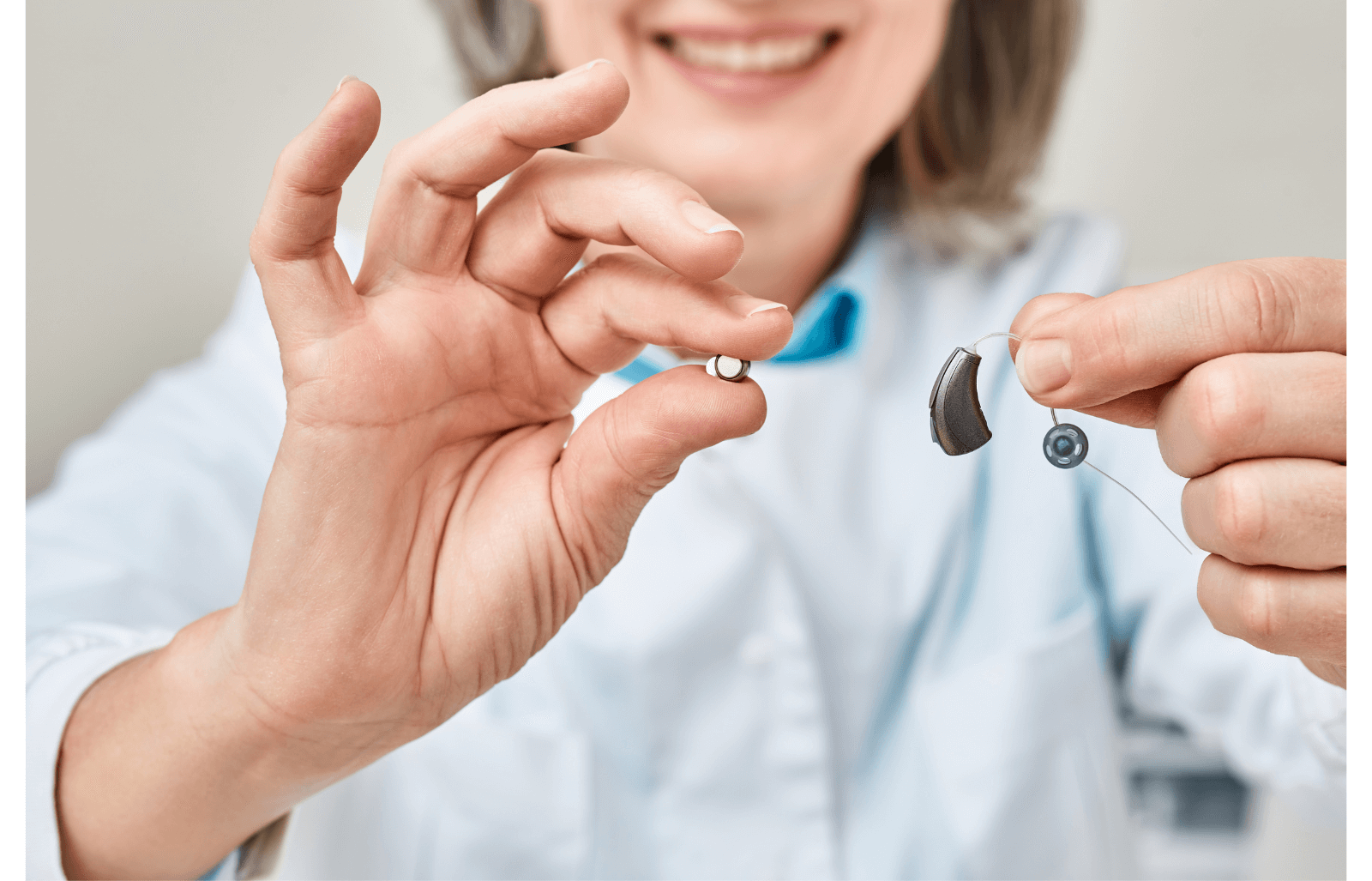Simple Tips for Everyday Hearing Aids Care

One of the most important habits to form is cleaning hearing aids daily. Earwax and other debris can build up over time, which might affect sound quality and even cause discomfort. Gently wiping them with a soft, dry cloth at the end of each day helps remove oils and wax that could clog the microphone and receiver.
Some devices may come with a small brush or cleaning tool specifically designed for this task, which can be incredibly useful. Taking a few minutes each night to do this simple cleaning step can keep hearing aids functioning well for years.
Keep Them Dry
Moisture from humidity, sweat, or accidental exposure to water can be a major issue for hearing aids and damage delicate internal components. To protect hearing aids, it’s a good idea to remove them when engaging in activities like showering or swimming.
In more humid climates, it’s a great idea to store them in a dehumidifying box overnight. This step helps remove any lingering moisture that could affect their performance. Keeping hearing aids dry ensures they stay in top shape and avoid unnecessary repairs.
Change Batteries Regularly
The performance of hearing aids heavily depends on reliable battery power. Batteries should be changed regularly to avoid the frustration of devices shutting down unexpectedly. Most modern hearing aids provide a signal when the battery is running low, which helps prevent them from going completely dead at inconvenient times.
For those who use rechargeable hearing aids, it’s important to charge them fully each night. This helps ensure that they have enough power to last throughout the next day, supporting consistent and reliable use.
Handle Hearing Aids with Care
Hearing aids are small yet delicate devices. Dropping them on hard surfaces or exposing them to extreme temperatures can cause damage that affects their performance. A good habit is to handle them over a soft surface, like a towel or cushion, especially when changing batteries or cleaning. This extra layer of protection reduces the risk of accidental damage. In addition, keeping hearing aids away from pets or small children can help prevent accidental mishandling.
Schedule Regular Hearing Health Exams
Alongside daily care, scheduling regular hearing health exams helps ensure hearing aids continue to meet specific needs. A hearing health professional can fine-tune the devices and make necessary adjustments to improve performance.
These exams also help monitor changes in hearing, allowing for the prescription of more effective solutions if needed. Regular check-ups provide peace of mind and help ensure hearing aids continue to function as intended.
Store Hearing Aids Safely
Proper storage is another key factor in extending the life of hearing aids. When not in use, they should be placed in a secure case to protect them from dust, moisture, or damage. Leaving them out in open areas where they could be knocked over or exposed to environmental elements can shorten their lifespan. Storing hearing aids in a consistent, safe location reduces the chance of misplacing them, ensuring they are always within reach when needed.
Avoid Exposure to Extreme Temperatures
Hearing aids are sensitive to temperature changes. Exposure to extreme heat or cold can affect the internal components, leading to malfunctions. It’s important to avoid leaving hearing aids in hot places like a car or near a heating vent. Similarly, cold temperatures can cause condensation when brought back into warmer environments. Gradually adjusting the temperature when moving between extreme conditions can help preserve their functionality.
Incorporating these simple tips into everyday routines can go a long way in maintaining hearing aids. Regular cleaning, keeping them dry, changing batteries, and scheduling hearing health exams all play an important role in ensuring the best performance. Proper care not only enhances sound quality but also supports long-term hearing health.
